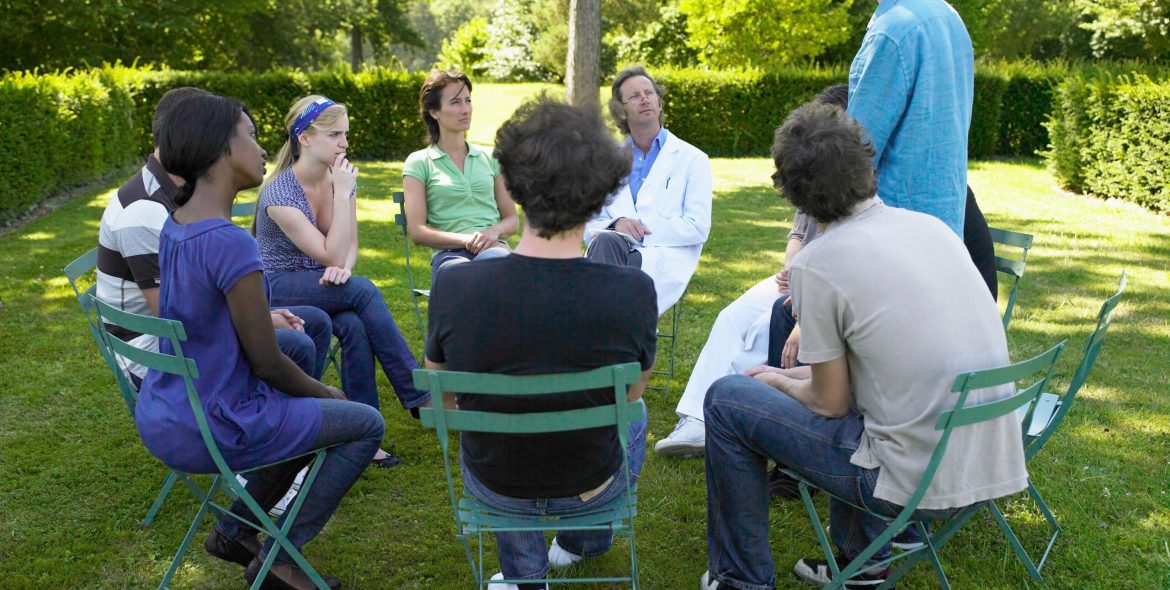Every aspect of a person’s life is impacted by alcohol and drug addiction. They’ll have challenges with their health, relationships, and finances, as well as with the law. The ability to accomplish goals and realize one’s potential is also harmed by becoming a slave to drug or alcohol cravings. It’s a good indication and the beginning of the road to recovery when someone who has been battling with addiction decides that enough is enough and starts their journey on the road to recovery.
Cold Turkey Detox Hazards and Risks
To combat cravings and withdrawal, however, ambition and will are frequently insufficient. When someone stops taking drugs or reduces their intake of a substance, their body will start to detox naturally. However, despite being required, this process causes a number of unpleasant withdrawal symptoms. The effects of withdrawal can sometimes be fatal.
At the outpatient center of Boynton Beach-turkey, we know that detox is not recommended by medical specialists because of the risks and hazards involved in the procedure. What then is the safest way for someone to stop using drugs or alcohol and become sober? With outside assistance, it is possible for a person to successfully complete the withdrawal process with little suffering and go on to attain and maintain lifetime sobriety. In this blog post, we will share the risks of home detox and quitting cold turkey.
What distinguishes a medically aided detox from a cold-turkey detox?
A person decides to immediately cease using drugs or alcohol during cold-turkey detox. They typically carry out this activity at home, independent of medical care or outside aid. There are other ways to abstain from substances besides this one. One may take part in a program of medically assisted detoxification.
Patients in medically assisted detox at the outpatient center of Boynton Beach are assessed by qualified clinicians. Then, based on the patient’s schedule for detox and withdrawal, specialists will develop a personalized treatment plan. It may be necessary to put the patient on a tapering-off schedule, in which they are given replacement medications to gradually wean their bodies off of a substance. Additionally, drugs are frequently recommended by doctors to minimize the intensity of withdrawal symptoms. For instance, a heroin user who attempts to detox from the substance runs the risk of having panic episodes. To assist the patient with this symptom, a doctor may provide an anti-anxiety drug.
Medically assisted detox can be completed outside of a hospital setting. They can stay at home while going through withdrawals through the outpatient center of Boynton Beach; patients visit doctors on a regular basis. People who find it difficult to travel for extended periods of time due to family, career, or educational obligations may find this to be an appealing choice. Patients who work with clinicians throughout the detox and withdrawal process are connected to experts who can follow up with them and develop additional rehabilitation plans for their recovery.
What risks do cold-turkey detoxifications pose?
Cold-turkey detox may appear to be the greatest choice for someone at first. They get to remain in the privacy of their own home while also avoiding the social shame or judgment that can occasionally result when someone seeks therapy for addiction. However, cold-turkey detox has a number of hazards that can seriously imperil a person’s health as well as their capacity to become sober and keep it that way.
When a person abuses drugs or alcohol, their body develops a tolerance to the compounds in those substances as well as a physical and mental dependency on them. Chemicals may be necessary for an addict to stay in a state of balance on a bodily and emotional level. The body begins to rid itself of these chemicals whenever a person stops using drugs or alcohol in an effort to get back to its normal, non-addicted state. Withdrawal symptoms associated with this process can have an effect on a person’s physical, mental health, and emotional state.
Withdrawal symptoms might differ greatly from patient to patient and depend on the substance being used. The intensity and duration of withdrawals can also be influenced by a person’s general physical health, weight, and metabolism. When detox is carried out correctly, the person will go through the detox and withdrawal process in a supervised setting where they will have access to medical care and specialists can stop potentially dangerous symptoms from happening. Some of the riskiest detox side effects include:
- Convulsions and coma.
- Tremors and muscle aches.
- Changes in blood pressure.
- Tachycardia and delusions.
- hallucinations.
Conclusion
The answer to the question, “Is quitting abruptly dangerous?” is an emphatic “Yes!” There are several risks associated with abrupt stopping, and the likelihood of quitting successfully is relatively low. You won’t have the opportunity to spend time building a toolbox for coping with your underlying issues, something you could accomplish with one of the many accessible forms of treatment. Starting an outpatient program at a center in Boynton Beach can help you through the process successfully. You can go on this journey with sympathetic professionals.






